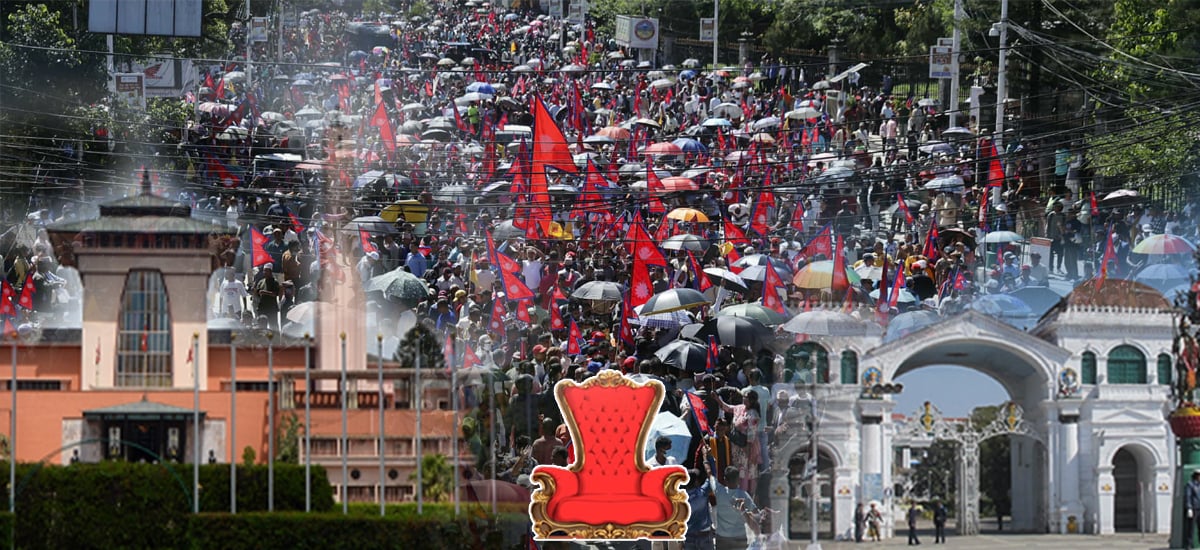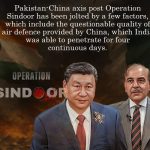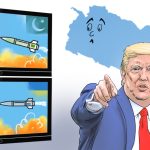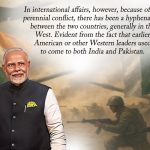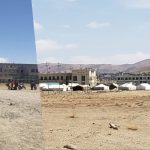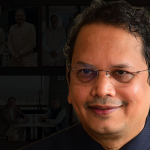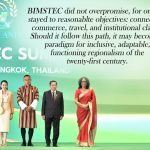Kathmandu: Nepal’s transition to a republic on May 28, 2008, marked a historic moment as the first Constituent Assembly dissolved the monarchy. While the assembly’s primary mandate was to draft a new constitution, it also declared Nepal a secular state, despite the country’s predominantly Hindu population.
Since then, Nepal has undergone numerous elections, with governments formed through both majority and coalition arrangements. The restructuring of the nation into a federal system introduced new administrative entities and positions, often influenced by foreign donors and their agendas. While these changes aimed to address the reconstruction and reconciliation following the post-Maoist insurgency, they also presented significant challenges.
The federal structure has led to the creation of numerous posts, many of which are financially unsustainable. To support this system, the government has imposed various taxes at local, provincial, and central levels, disproportionately affecting the poor. Comparatively, local-level taxes in Nepal often exceed those in developed nations’ metropolitan areas, placing an undue burden on citizens.
During the era of the constitutional monarchy, Nepal had a single king. Today, the financial strain on citizens has increased as they bear the costs of numerous state positions, including lifetime allowances, medical expenses, security, and other benefits for officials. Meanwhile, a significant portion of Nepal’s youth, including women, seek employment abroad due to limited opportunities at home. Political parties have largely failed to address the needs of the general population or implement innovative, industrialized policies.
Corruption remains rampant, not only economically but also at the policy level. Meritocracy, once a hopeful expectation of the new political system, has been overshadowed by favoritism and political affiliations. State-level positions are often reserved for loyalists, sidelining qualified individuals from the general public. This has led to widespread disillusionment among citizens who had hoped for meaningful change.
The disparity between political leaders and the general population is stark. While leaders and their close associates enjoy luxurious lifestyles, the majority struggle to meet basic needs. This visible gap has fueled public frustration. Leaders often remain silent about their sources of wealth, raising questions about their integrity. If they possess a “magic formula” for prosperity, why not share it with the people they claim to serve?
For Nepal to truly prosper, political leaders must reflect on their roots and the promises they made to the nation. The misuse of political mandates and disregard for oaths taken before the people have eroded trust. The proliferation of state positions and the associated financial burden have led many to question the viability of the current system.
Recent public movements highlight growing dissatisfaction with political leadership. Citizens are increasingly calling for the restoration of the monarchy, viewing it as a potential stabilizing force. The international presence and respect Nepal enjoyed during the monarchy have diminished in the republican era. Critics argue that the push for federalism and other changes, often driven by external influences, has undermined Nepal’s traditions and history.
The current political climate is marked by mass participation in rallies and protests, driven by economic disparities and leadership apathy. Political parties must recognize the urgency of these movements and address the underlying issues. Chairman Prachanda’s acknowledgment of public dissatisfaction is a step in the right direction, but actions must follow words. Organizing counter-rallies against protesters will only exacerbate tensions and risk further destabilization, potentially mirroring the political crises in Bangladesh and Sri Lanka.
To rebuild trust and ensure national stability, political leaders must take concrete steps. This includes declaring their sources of income, relinquishing excessive wealth to the national treasury, and prioritizing the needs of the people. The era of exploiting young people for political agendas, as seen during the Maoist insurgency, must end. In today’s globalized and information-driven world, citizens are more aware than ever of their leaders’ actions.
A potential solution lies in initiating dialogue with the monarchy to explore a ceremonial role for the king. This could streamline governance by reducing the number of state positions and focusing resources on essential services such as infrastructure, clean water, and healthcare. By addressing these fundamental needs, political parties can regain public trust and work towards a prosperous Nepal.
Nepal’s political journey has been marked by significant milestones and challenges. To move forward, leaders must prioritize the nation’s welfare over personal gain, fostering a system that truly serves its people. This requires a fundamental shift in political culture, where transparency and accountability become the cornerstones of governance. Political leaders must actively engage with citizens, not only to understand their needs but also to rebuild the trust that has been eroded over decades of mismanagement and corruption. Public participation in decision-making processes should be encouraged, ensuring that policies reflect the aspirations of the people rather than the interests of a select few.
Moreover, addressing economic disparities is crucial for national stability. Leaders must focus on creating sustainable employment opportunities within Nepal, reducing the reliance on foreign employment that has drained the country of its youth and talent. Investments in education, vocational training, and industrial development can pave the way for a self-reliant economy. Infrastructure projects, such as improving transportation networks and access to clean water, should be prioritized to enhance the quality of life for all citizens.
The role of the monarchy, if reinstated in a ceremonial capacity, could serve as a unifying symbol for the nation, bridging the gap between tradition and modernity. This would require careful negotiation and consensus-building among political parties and stakeholders to ensure that such a move aligns with the democratic principles Nepal has embraced. The monarchy’s potential role in promoting cultural heritage and national identity could complement the efforts of elected leaders in fostering unity and pride among citizens.
Ultimately, the path to a prosperous Nepal lies in the collective effort of its leaders and citizens. By addressing systemic issues, embracing transparency, and fostering inclusivity, Nepal can overcome its challenges and build a future that honors its rich history while embracing progress. The journey ahead is undoubtedly complex, but with determination and a shared vision, Nepal can achieve the stability and prosperity its people deserve.
(Author Purna Bahadur Karki is a a Ph.D. in Humanities specializing in Regional and Interregional Studies from the Graduate School of Global Studies at Tokyo University of Foreign Studies. He is also the writer of the book ‘Post-War Instability and Human Security in Nepal.’)


